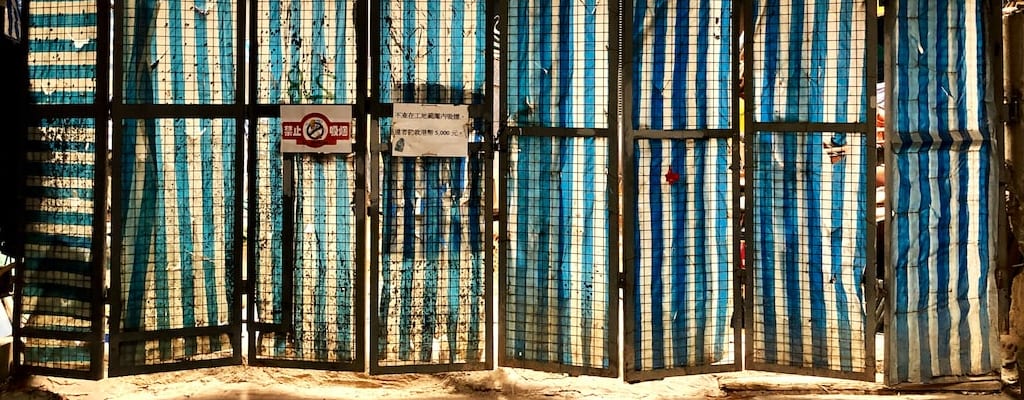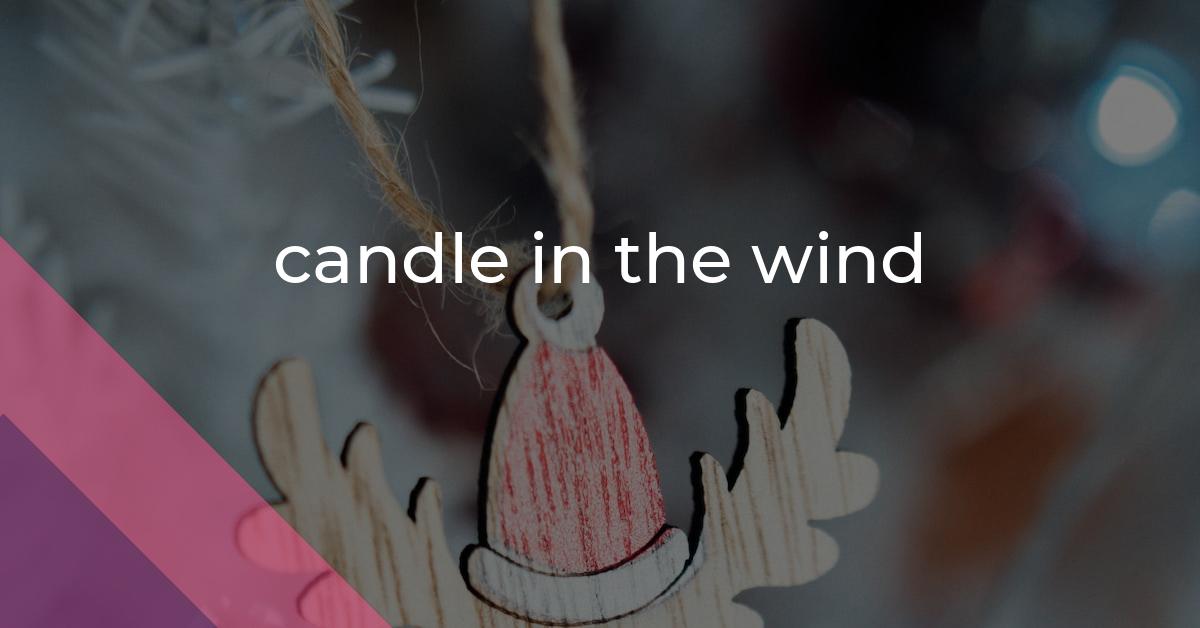candle in the wind: Idiom Meaning and Origin
What does ‘candle in the wind’ mean?
An idiom, *candle in the wind*, often figuratively refers to something or someone that is fragile, fleeting, or easily extinguished. It indicates a delicate or vulnerable situation that may not last long or be easily maintained.

Idiom Explorer
The idiom "in the wind" means to feel or sense that something is about to happen or change, often referring to a situation that is not yet fully known or understood.
The idiom "in the twinkling of an eye" means something happens extremely quickly or instantaneously.
The idiom "hold a candle" means to compare someone or something to another person or thing that is much better or superior in some way. It implies that the person or thing being compared does not measure up to the other in terms of skill, ability, or quality.
The idiom "heart of glass" is used to describe someone who is emotionally fragile or sensitive, often referring to someone who is easily hurt or vulnerable.
The idiom "hang by a thread" means to be in a very precarious or vulnerable situation, where failure or disaster is imminent.
The idiom "go with the wind" means to be unpredictable or easily swayed by circumstances, lacking firmness or commitment.
The idiom "go up in flames" means to fail or be destroyed in a dramatic or disastrous way.
The idiom "go the way of the dodo bird" means to become extinct or disappear completely, like the dodo bird did several centuries ago. It implies that something or someone is on the path towards total disappearance or obsolescence.
The idiom "go the way of" means to follow the same path or fate as something or someone, usually implying that the outcome will not be favorable or will result in obsolescence or extinction.
The idiom "gone with the wind" means to disappear or be completely lost, often without any trace or indication of where or how it happened.
Mystical Whispering Flame
The idiom "in the wind" is another commonly used phrase in the English language. It is often used to describe something that is uncertain, unsubstantiated, or unknown. The phrase suggests that something is just a rumor or speculation, lacking concrete evidence or confirmation. It can also imply that something or someone is disappearing, fading away, or becoming forgotten.
When we talk about a rumor, we might say that it is "in the wind." This means that the information is not based on solid facts or reliable sources. It is merely a whisper or gossip that circulates among people, but its truthfulness is questionable. For example, if there are rumors about a company going bankrupt, those rumors are "in the wind" until there is actual evidence to support them.
Similarly, the idiom can be used to describe something that is disappearing or becoming forgotten. If a once popular trend or idea is no longer relevant or talked about, we can say that it has "blown away in the wind." This phrase suggests that time has passed, and the thing in question has lost significance or relevance.
When applied to the phrase "candle in the wind," the idiom "in the wind" further emphasizes the fragile and fleeting nature of something or someone. It adds a layer of uncertainty or transience to the metaphor, suggesting that the candle's flame is not only easily extinguished but also that its existence or impact is questionable or fleeting.
The idiom "dry up and blow away" is another expression that relates to the fragility and transience described in the phrase "candle in the wind." This idiom is often used to describe something that ceases to exist or disappear completely.
When we say that something has "dried up and blown away," we mean that it has vanished completely or become nonexistent. It conveys the idea that something has dissipated, withered, or faded away until it no longer exists. This idiom can be used to describe a situation, an idea, or even a person who has lost all their importance or influence.
When applied to the concept of a "candle in the wind," the idiom "dry up and blow away" intensifies the ephemeral nature of the candle's flame. It emphasizes that not only is the flame gone, but it has vanished entirely, leaving no trace behind. The image conjured by this idiom accentuates the notion of something being fragile and easily extinguished, as well as highlighting its impermanence and ultimately its disappearance.
The idiom "hold a candle" is another expression that can be related to the metaphorical meaning of a "candle in the wind." This idiom is commonly used to indicate a comparison between two things, suggesting that one thing is inferior or less significant compared to another.
When we say that someone or something "can't hold a candle" to another person or thing, we mean that the former is not as good, impressive, skilled, or important as the latter. It denotes a lack of comparison, emphasizing the superiority or excellence of the other person or thing being referred to. For example, if someone says, "He can't hold a candle to his brother," it means that he is not as capable or accomplished as his brother.
When applied to the phrase "candle in the wind," the idiom "hold a candle" emphasizes the vulnerability and insignificance of the candle's flame. It suggests that the candle's light is not as bright or powerful as other sources of light, indicating its fragility and brief existence. This idiom further accentuates the delicate nature of the candle, reinforcing the idea that it is easily extinguished and lacks the lasting impact or influence of other things.
These idioms related to the "candle in the wind" metaphor further enhance the understanding of the underlying concepts and characteristics associated with fragility, transience, vulnerability, and fleetingness. Each idiom adds a unique perspective and depth to the metaphor, bringing out different elements of its meaning. Whether it's the uncertainty implied by "in the wind," the total disappearance conveyed by "dry up and blow away," or the comparative inferiority expressed in "hold a candle," these idioms contribute to the richness and complexity of the metaphor's significance.
Example usage
Here are three examples of how the idiom *candle in the wind* can be used in a sentence:
- His dreams of becoming a successful musician were like a candle in the wind, easily extinguished by the harsh realities of the industry.
- The fragile hope for peace in the war-torn region was just a candle in the wind, constantly threatened by the ongoing conflict.
- Despite her hard work and dedication, her chances of success seemed to be nothing more than a candle in the wind, flickering and uncertain.
More "Metaphoric" idioms



